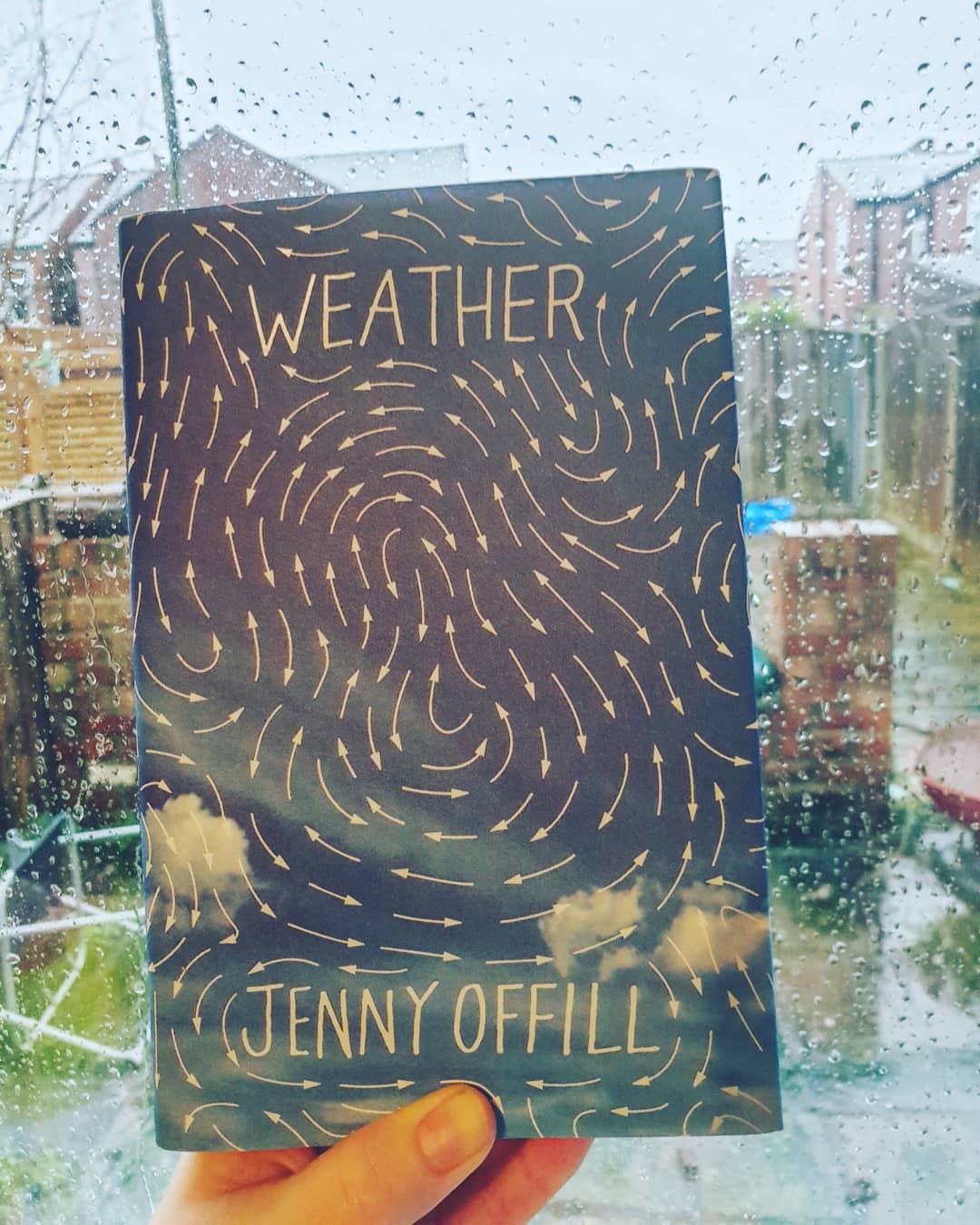

Lizzie, a librarian by default, has reconciled her failed academic career and her husband found himself creating educational video games instead of teaching the Stoics in a university setting. What looms is a force larger than our own inner demons. of Speculation gazed inward, Weather directs itself outward, recognizing that whether or not we have come to terms with ourselves, the world isn’t graciously waiting. What separates her two latest books isn’t plot or even a radically new cast of characters, but a mission. SEE ALSO: Garth Greenwell on Why Desire Is a Writer’s Greatest Plot Device That dense work is infused with humor and empathy as well as pathos, giving it the ballast to convey as much as Offill does without having to dance around the point. Buffered by white space, her economical passages provide an exhaustive knowledge of human nature, modern society and critical thought. Weather is a book that, in terms of style, will be familiar to fans of Dept. of Speculation was a finalist for the PEN/Faulkner Award and was named one of the ten best books of the year by The New York Times Book Review.

of Speculation deeply resonated with readers, examining the lasting effect that parenthood has on a career as well as a marriage. With this original style and structure, Dept. Eschewing traditional narrative, description and dialogue, Offill constructed a novel through distilled fragments that build upon one another, crafting a rhythm that made one feel as if they had stepped inside the mind of her protagonist, a new mother. Along with Maggie Nelson’s 2015 memoir, The Argonauts, it’s hard to find another book whose form and style influenced contemporary writers more. It’s been six years since Jenny Offill published her last book, The New York Times best seller Dept.


 0 kommentar(er)
0 kommentar(er)
